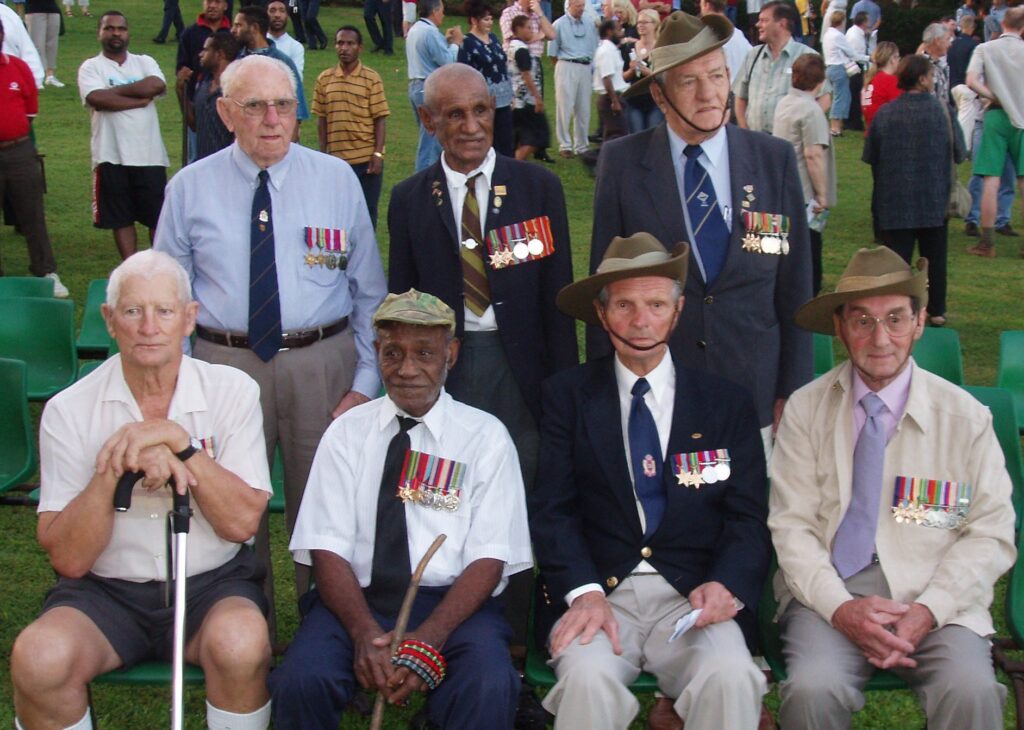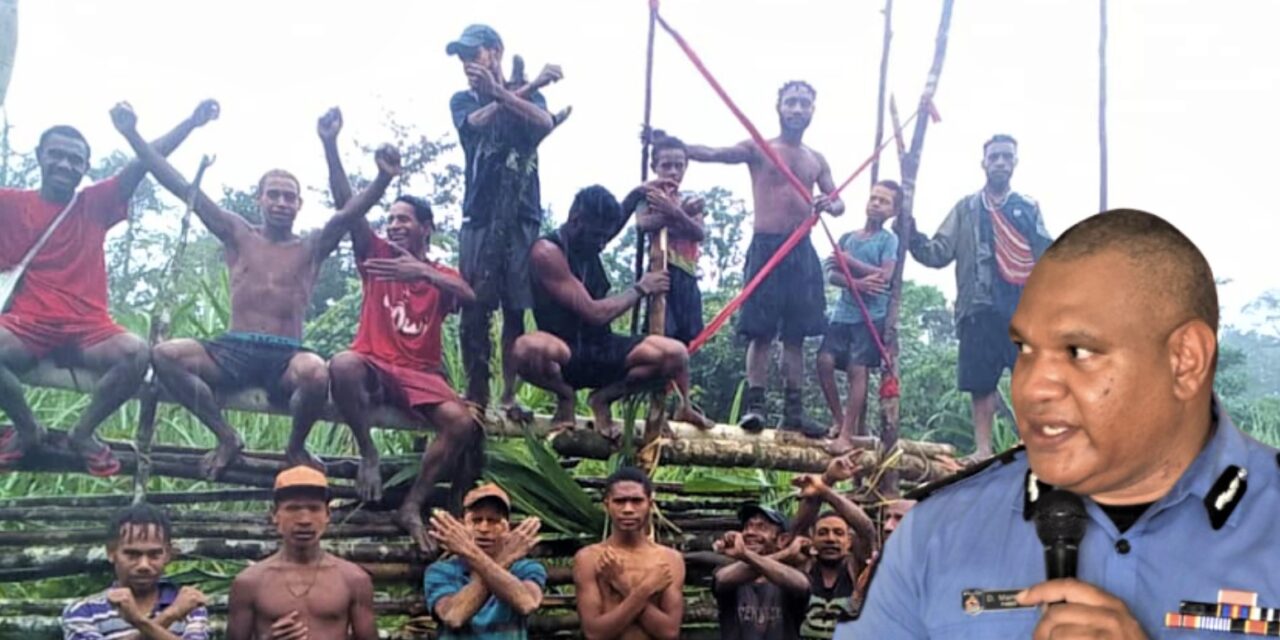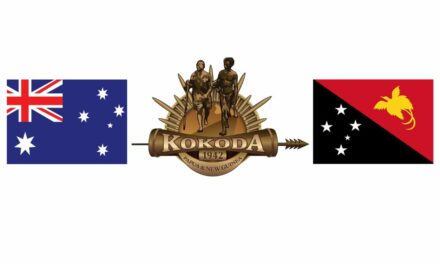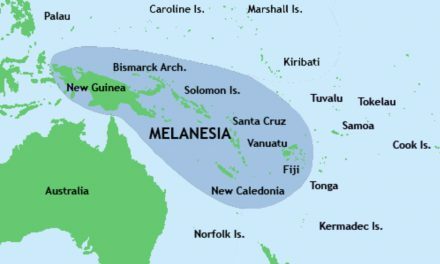The illegal blockade of the Kokoda Trail at Nauro village since 16 September poses an interesting dilemma for the PNG Government.
- Should it allow the Kokoda Trail to be hijacked and held hostage to ransom demands by unverified Port Moresby based landowners?
- Should it exercise its right to acquire the 138 km, 20-metre wide Kokoda Trail, gazetted in 1972, as a national tourism asset under the provisions of the Land Act 1996 and the Lands Acquisition (Development Purposes) Act 1974?
- Should it reclaim ownership of its most popular tourism destination so it can be managed as a tourism enterprise for the economic benefit of traditional landowner communities, or let it continue to managed as an environment park for the benefit of foreign aid-funded officials?
Responsibility for the current situation rests squarely with Canberra funded Kokoda Initiative officials who have used the term ‘Kokoda’ to give relevance to an environmental agenda which has resulted in a decline of 46% in Kokoda toirism numbers since they took control of the Kokoda Trail under a Joint Understanding with PNG in 2009 and reaffirmed in 2015.
They have clearly failed in their responsibility to ‘keep the track open, safe and preserved as shared heritage’ under the provisions of those agreements.
The identification of village-based landowners should have been their most fundamental priority along with the conduct of village-based workshops. Their failure to address these two priority areas has denied village-based landowners a voice in their own affairs and contributed to the current illegal blockade.
Villagers also have a sense of isolation from Kokoda tourism as they have never been taught how to earn additional income by providing services to meet the needs of trekkers – today they are mere spectators to a passing parade of trekkers. These issues have been well canvassed in the past, but ignored.
Canberra officials have also been in denial over the fact that the wartime history of the Kokoda Trail is the major reason Australians choose to trek across it. This denial is evident in their failure to invest in a single significant military heritage site since they assumed responsibility for its management in 2009.
Their engagement of an American anthropologist without any military service credentials as Australia’s National Military Heritage Advisor, under a recruitment process that could best be described as dodgy, illustrates the contempt they have for the Kokoda campaign. Our calls for an investigation into the process have been ignored.
Canberra’s priority of environment over pilgrimage tourism is also puzzling given that the Owen Stanley Ranges have not been assessed by the international Rapid Assessment and Prioritisation of Protected Area Management’ to be under any form of environmental threat.
The PNG Government now has a choice between allowing its most popular tourism destination to continue being managed as a foreign aid-funded environment park, or having it managed as a commercial tourism enterprise for the economic benefit of village communities across the Trail.
Recommendations
- The PNG Government acquire the 20-metre wide,138 km Kokoda Trail between Owers Corner and Kokoda as gazetted in 1972 as a national tourism asset under the authority of the Land Act 1996 and the Lands Acquisition (Development Purposes) Act 1974.
- The ‘Kokoda Initiative’ be rebadged as the ‘Owen Stanley Ranges Initiative’ to reflect its focus on environment issues.
- Canberra accepts the military history of the Kokoda campaign is the major drawcard for Australians who choose to trek across it.
- Responsibility for oversight of the Kokoda Trail in Canberra be transferred from the Department of Climate Change, Energy, Environment and Water (DCCEEW) to the Department of Veterans Affairs which is responsible for the Australian War Memorial and the Office of Australian War Graves.
- Responsibility for management of the Kokoda Trail in PNG be transferred from the Minister for Provincial and Local Level Government Affairs, and the influence of the Minister for Environment, Conservation and Climate Change, to the Minister for Tourism, Arts and Culture.
- A Joint Agreement for the commemoration of our shared wartime heritage between Australia and PNG be developed with the Department of Veterans Affairs and the PNG Tourism Promotion Authority as the lead agencies.
The following articles provide research leading up to the illegal blockade:
The following two reports related to the results of Canberra funded Social Mapping studies which have failed to identify landowners in the Koiari region of the Kokoda Trail:
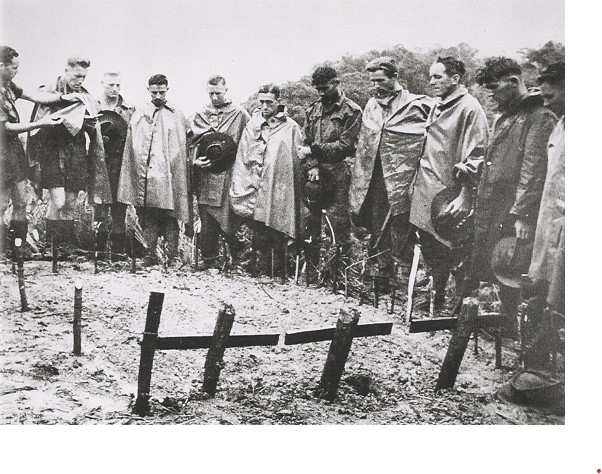
‘Lest We Forget’
